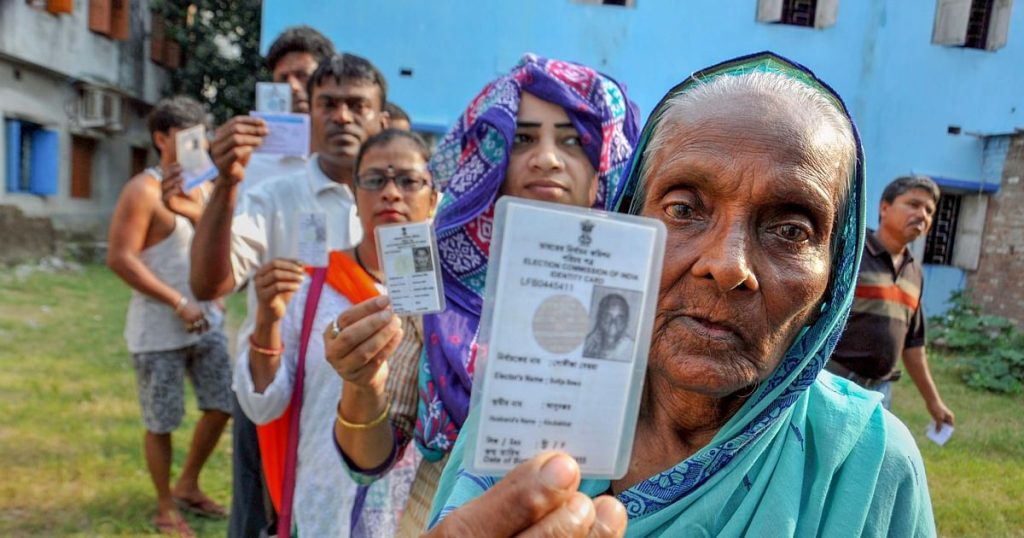The Opposition To The Bill, And Its Reasons
The opposition in Parliament has vehemently decried the bill, citing a number of reasons why the bill is detrimental to elections and the citizens of India.
Firstly, the bill is considered an invasion of privacy as per the nine-judge bench Supreme Court judgment in Justice Puttaswamy’s case regarding the limitations of Aadhaar and its implications on citizens’ privacy.
Secondly, the opposition further alleges that the bill was barely debated at all when it was sent to the Parliamentary Standing Committee, before being introduced in the Lok Sabha. The bill was passed in both houses with astonishing speed. The opposition criticised this new tendency of bulldozing of bills through Parliament, instead of allowing proper debate and discussion.
Thirdly, as Member of Parliament Shashi Tharoor alleged, the Aadhaar card is merely a proof of residence and not proof of citizenship. Hence, by linking Aadhaar to the electoral roll, the government was paving the way for non-citizens to potentially become voters in India, which is a grave constitutional violation and danger to democracy.
Maintaining Electoral Roll Integrity
In my opinion, the linkage of the Aadhaar card to electoral rolls will indeed be useful to the extent it helps identify duplicate voters. However, the opposition in both houses has raised several pertinent points which must be addressed.
To take the matter of voters being removed from electoral rolls or being denied enrolment in the first place is an extremely serious issue. However, this is a problem that has existed even before the introduction of Aadhaar. There have been several cases of lakhs of voters disappearing from electoral rolls such as in Mumbai and Mysore in 2014 or Bangalore in 2019.
With regard to the issue of Aadhaar data becoming accessible to political parties, especially the ruling party, for voter profiling, the Election Commission has assured that safeguards are present (both software and others) so that the Aadhaar and the electoral roll database never interact except as a verification tool and nothing more.
Moreover, the Aadhaar card and the Voter ID card contain almost identical information. The Election Commission has only two types of data: electoral roll and the voting data of the EVMs.
As regards the electoral roll data, that is already in the public domain in pdf format. In any case, it is the minimum possible information consisting of a voter’s name, age, father or spouse name, and address. It also shows how many voters live at the same address. Political parties and candidates carry it with them to approach the voters. Caste and community of the voters is the only vulnerable information that can be guessed from the names – and misused.
There are, however, several problems with the bill as presented in Parliament.
